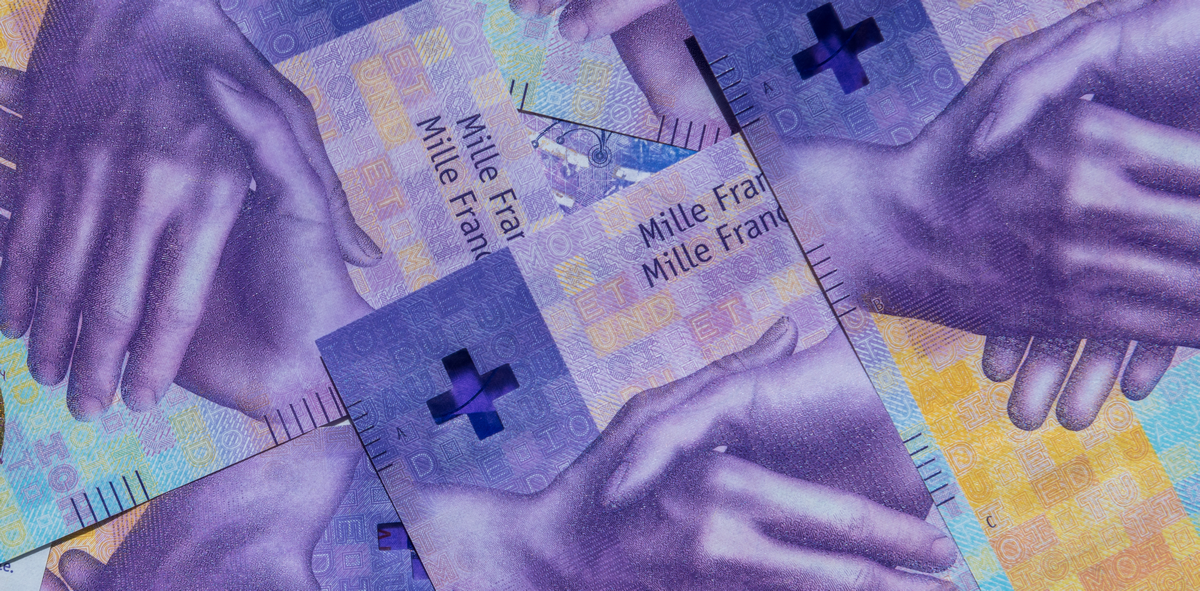
Swiss start-ups have to be prepared for a longer period of crisis. Support from government agencies will be all the more important.
Der reader
This week we conducted a survey among the cantons to find out how they are supporting start-ups in the current crisis. We have two articles with a summary of the relief measures and the cantonal contact points – an overview of German-speaking Switzerland and the other of French-speaking Switzerland. The two articles will be updated continuously, since although many cantons have talked about money and explicitly want to support start-ups, the details have not yet been defined.
The cantons that want to provide subsidiary support are waiting on Bern. Meanwhile, the federal government has promised that support measures for start-ups will be examined (see our article in German and French). We will know more next week. Intensive activities are currently taking place to bring the needs of start-ups to the attention of Bern.
Support organisations are also doing their utmost to further support start-ups; for example, the Seedstars Summit, which brought 1,000 visitors to Lausanne last year, takes place today entirely online. In our interview, Seedstars Global CEO Alisée de Tonnac explains what it offers and how the special atmosphere that characterises the Summits will be recreated. Innosuisse’s start-up training courses are also now taking place entirely online.
Startup INVEST has created a matchmaking platform based on Startups DAYS matchmaking tool, on which start-ups can get in touch with investors, supporters and representatives of corporates. Some 1,300 participants currently use the platform.
STIMIT has become the first medtech start-up to benefit from the recently launched Venture Kick Life Sciences programme. It has received CHF 150,000 to accelerate the development of its breathing stimulation device designed to speed up the recovery of ventilated patients.
At the same time, the week has also shown that not everything has come to a complete standstill. Scailyte has started development of a first diagnostic application based on a biomarker that the start-up was able to identify with the help of artificial intelligence. Proteomedix has successfully entered the market with its prostate cancer test, and biotech company Numab has reached an agreement with a Japanese partner that could bring it up to CHF 260 million. And St. Gallen medtech company Weibel CDS has been taken over by SHL Medical.
However, it’s likely that some time will have passed between the transaction and the announcement this week, since currently nothing is happening in the world of mergers and acquisitions. You can find out in our interview with Michael Sidler, co-founder of Zurich-based VC Redalpine. He explains the current situation for an investor with five venture capital funds in different phases, and how he is dealing with the crisis. Redalpine will continue to invest, albeit more in a more focused manner, says Sidler. He currently sees the greatest difficulty in fundraising for new funds, and failure to solve this problem, with a delay of a year, may have drastic consequences for the venture capital market. Start-ups that survive until 2021 will face a lack of venture capital. In the long term, this means that further public sector support measures will be required.
Have a quiet but not too quiet weekend.
Stefan Kyora
Editor in Chief, Startupticker.ch























































Please login or sign up to comment.
Commenting guidelines